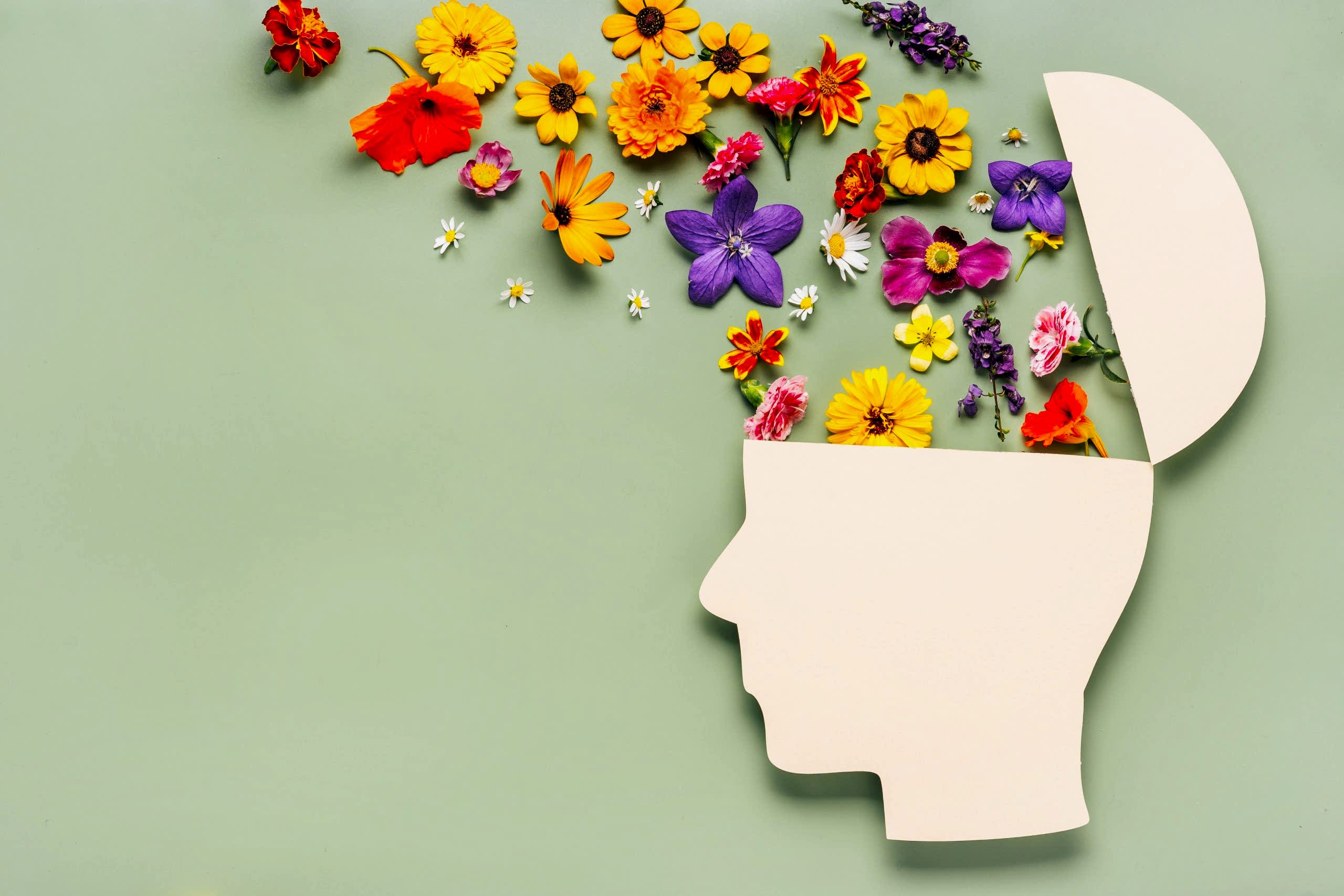This blog is about:
- Relationship
- Self-awareness
- Modern dating
- Cuddling & physical touch
- Romance
- Female friendships
- Honeymoon period
- Biology
Tantric Perspective on Relationships: Integrating Depth and Freedom
From a Tantric viewpoint, Maria and Foca discuss the balance between the need for depth and connection in relationships, and the human desire for novelty and adventure. Maria emphasizes the importance of self-awareness and honesty within relationships, allowing space for both partners to express their needs, whether that involves monogamy, polygamy, or open relationships. For her, the key is recognizing that one size does not fit all; relationships should be approached with flexibility, growth, and an openness to unconventional solutions.
Foca expands on this idea, highlighting that the seeming contradiction between certainty and adventure in relationships can actually be complementary. He speaks about “existential certitude”—a deep inner confidence that allows individuals to embrace the unpredictable, adventurous nature of relationships while maintaining an emotional anchor within themselves.
The Role of Hormones in Shaping Relationships and Conformity
The conversation also turns toward the influence of hormones, with Dr. Yakir explaining how testosterone and oxytocin shape different aspects of human behaviour and relationships. Testosterone drives competition, aggression, and control in men, while oxytocin fosters attachment and conformity. The latter plays a role in ensuring social harmony, particularly in adolescence, when individuals feel a strong pull to conform to group norms.
Maria also shares personal insights into how hormones and emotional triggers, such as jealousy, can be rewired through self-awareness and tantric practices. This idea of mastery over emotions, rather than being controlled by them, aligns with the tantric philosophy of growth and self-realization.

Exploring Infidelity and Biological Strategies
Dr. Yakir offers a biological explanation for infidelity, noting that in many monogamous species, including humans, cheating is common. She references studies on animals like swans and penguins, where infidelity serves to diversify genetic investment, ensuring a broader gene pool for offspring. For men, this biological uncertainty of fatherhood has historically led to the desire to control women, ensuring that their genes are passed down. She ties this back to cultural taboos and societal norms, which have disproportionately punished women for infidelity throughout history.
The Impact of Modern Dating and Hormonal Manipulation
The panel also touches on how modern technology, particularly dating apps, disrupts natural human mating instincts. Dr. Yakir criticizes dating apps for commodifying human relationships, focusing too much on physical attributes like height or appearance, which appeal to primal fertility cues but often ignore deeper emotional or personal qualities. She also reflects on the impact of contraceptive pills on female attraction, explaining how hormonal birth control can dull women’s attraction to potential partners by interfering with natural pheromonal signals.

Exploring Connection: The Power of Physical Affection
The panel discussion continues with a question about the importance of physical closeness, particularly cuddling, in relationships. Maria responds by affirming the significance of touch, noting that for many people, their partner may be the only source of physical intimacy in their daily lives. This makes activities like cuddling essential for fulfilling a fundamental human need for connection. However, she expands the idea by suggesting that affectionate touch doesn’t have to be limited to romantic partners—it can come from friends and family as well. Maria encourages a culture of more open affection in social circles to meet this human need beyond romantic relationships.
The Healing Power of Female Friendships
Dr. Yakir introduces the importance of female friendships, drawing on research that shows how close connections between women contribute to their happiness, health, and longevity. She connects this to biological patterns observed in nature, where female apes, for example, form supportive groups. This tendency, she explains, is backed by the hormone oxytocin, which plays a role in creating feelings of bonding and trust. She emphasizes how this phenomenon is crucial for women’s well-being and contrasts it with the differing needs of men, highlighting how men tend to focus more on themselves, which leads to challenges in male-female communication and understanding within long-term relationships.

Addressing Differences Between Men and Women
She continues by discussing the different ways men and women perceive themselves, using the example of a survey showing that only 2% of women consider themselves beautiful, compared to 40% of men. This striking difference, she explains, impacts the dynamics in relationships, with women often needing reassurance from their partners that they are attractive and valued. However, many men are unaware of this need because they don’t struggle with self-image in the same way. Foca steps in, agreeing that men are often uneducated in understanding these emotional nuances. He emphasizes the importance of men growing and evolving to better appreciate and support the unique qualities of women, proposing that societal happiness is linked to the flourishing of women, which in turn requires conscious effort from men.
Prolonging the Honeymoon Period: The Balance of Distance and Intimacy
The discussion then shifts to a question about how to prolong the honeymoon period in a relationship. Dr. Yakir explains that maintaining a degree of individuality and mystery is key to keeping the spark alive. She notes that the natural inclination to domesticate or control one another in relationships can lead to predictability, which diminishes excitement. To counter this, she suggests that couples should embrace the idea of remaining “strangers” to each other to some extent, preserving their individuality to maintain attraction over time.
Maria elaborates on this idea, warning against the confusion between familiarity and intimacy. She explains that while familiarity can lead to boredom, true intimacy is about maintaining a deep emotional connection that is not dependent on knowing everything about the other person. By keeping an element of mystery and continually discovering new aspects of the partner, couples can sustain the initial thrill of being in love. She stresses that it’s important to cultivate behaviours that keep the relationship fresh and exciting, rather than falling into routines that dull the connection.

Growth and Self-Discovery in Relationships
Foca discusses the importance of continuous personal growth in relationships. He explains that as individuals evolve, they reveal new aspects of themselves, which can keep the relationship dynamic and engaging. He emphasizes that romantic partners can be instrumental in each other’s journey of self-discovery, helping to unlock deeper parts of themselves. He describes this as a transformative process, where couples discover not only each other but also their own potential for love and happiness through the relationship. By valuing the role their partner plays in their personal growth, couples can deepen their connection and sustain the feelings of love and fulfilment.
In closing, this rich dialogue between biology and Tantra illuminates the profound ways our bodies, emotions, and relationships are intertwined. By exploring love through both scientific and spiritual lenses, the panellists offer a holistic view of human connection, emphasizing the importance of self-awareness, emotional resilience, and open communication. Whether addressing the hormonal roots of attraction, the challenges of long-term relationships, or the transformative potential of tantric practices, the discussion encourages a deeper understanding of ourselves and our partners. Ultimately, bridging biology with Tantra empowers individuals to transcend mere biological impulses, fostering relationships that are both passionate and enduring.
